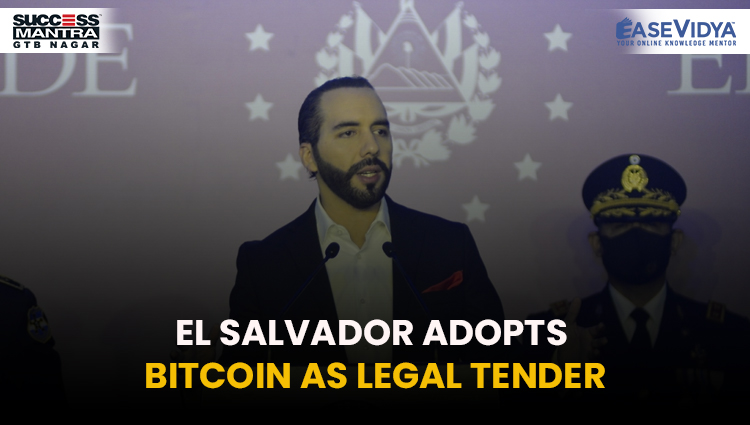
EL SALVADOR ADOPTS BITCOIN AS LEGAL TENDER
EL SALVADOR ADOPTS BITCOIN AS LEGAL TENDER
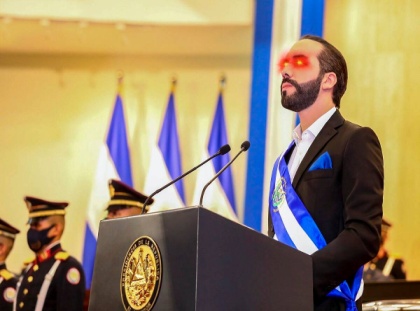
El Salvador, a small coastal country in Central America has become the first in the world to adopt Bitcoin, as legal tender. Legal tender is the legally recognized money within a given political jurisdiction. Bitcoin is a type of digital currency that enables instant payments to anyone. Bitcoin was introduced in 2009. Bitcoin is based on an open-source protocol and is not issued by any central authority. The origin of Bitcoin is unclear, as is who founded it. A person, or a group of people, who went by the identity of Satoshi Nakamoto are said to have conceptualised an accounting system in the aftermath of the 2008 financial crisis.
Use: Originally, Bitcoin was intended to provide an alternative to fiat money and become a universally accepted medium of exchange directly between two involved parties. Fiat money is a government-issued currency that is not backed by a commodity such as gold. It gives central banks greater control over the economy because they can control how much money is printed. Most modern paper currencies, such as the US dollar and Indian Rupee are fiat currencies.
Acquiring Bitcoins: One can either mine a new Bitcoin if they have the computing capacity, purchase them via exchanges, or acquire them in over-the-counter, person-to-person transactions. Miners are the people who validate a Bitcoin transaction and secure the network with their hardware. The Bitcoin protocol is designed in such a way that new Bitcoins are created at a fixed rate. No developer has the power to manipulate the system to increase their profits. One unique aspect of Bitcoin is that only 21 million units will ever be created. A Bitcoin exchange functions like a bank where a person buys and sells Bitcoins with traditional currency. Depending on the demand and supply, the price of a Bitcoin keeps fluctuating.
REASON BEHIND THE DECISION
Loss on Remittances: El Salvador relies heavily on money sent back from workers abroad. Bitcoin adoption may make these remittances quicker and cheaper. It is also expected to boost financial inclusion in their country as the majority of the population does not have access to formal banking channels.
Major Concerns: In the absence of a central regulating authority, legalizing bitcoin will have potential for fraud and money laundering, high energy costs and extreme volatility. This could potentially encourage other smaller countries with weaker economies to open up to crypto as an alternative to fiat currencies, paving the way for mainstream future adoption worldwide. Already, Venezuela and many African countries have started using cryptocurrencies as a long term store of value, as their currencies are deflating quickly.
SOME LESSONS FOR INDIA
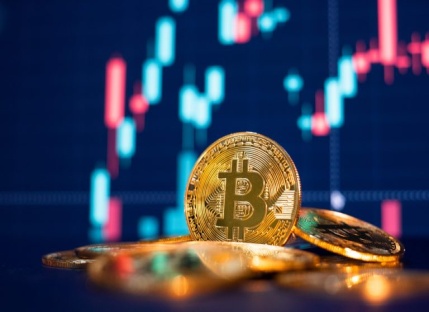
Not an instance for Monetary Policy: El Salvador does not have its own monetary policy, hence, no local currency to protect. It runs on the monetary policy of the US Federal Reserve. Therefore, any changes in Federal Reserve policies will definitely affect the Country. Hence, it is looking at such alternatives. Since, India has its own currency and a central bank, therefore coexistence of bitcoin and rupee side by side becomes difficult.
Impact on Remittances: The impact Bitcoin has on remittance inflows would be worth monitoring for India, which is home to the largest remittance market in the world. According to a World Bank report, India received over USD 83 billion in remittances in 2020.
Impact on Money Laundering: The implication of this move for money laundering is unclear at the moment. Currently, El Salvador is not considered deficient under the Financial Action Task Force (FATF) money laundering requirements. However, with large scale cryptocurrency inflows and outflows, it would be expected that El Salvador would comply with the 2019 FATF guidance on Virtual Currencies.
INDIA'S CURRENT STAND ON CRYPTOCURRENCY
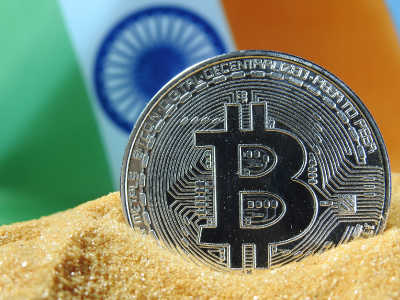
In 2018, The Reserve Bank of India (RBI) issued a circular preventing all banks from dealing in cryptocurrencies. This circular was declared unconstitutional by the Supreme Court in May 2020. Recently, the government has announced to introduce a bill; Cryptocurrency and Regulation of Official Digital Currency Bill, 2021, to create a sovereign digital currency and simultaneously ban all private cryptocurrencies. In India, the funds that have gone into the Indian blockchain start-ups account for less than 0.2% of the amount raised by the sector globally. The current approach towards cryptocurrencies makes it near-impossible for blockchain entrepreneurs and investors to acquire much economic benefit.
CONCLUSION
The overall takeaway for India from the El Salvador case is not in the monetary sense at all but as an example of how far countries are willing to go to attract what they believe is the ultimate prize – innovators and entrepreneurs working on this emerging sector. This is the wealth that India has definitely and has barely protected with policy. While deliberations continue in India on the monetary and financial regulations around cryptocurrency, it is important that attention be paid to incentives for India’s developers working on key innovations in the space.
TEST YOURSELF
Q.1 Which of the following nations recently becomes the first in the world to grant Bitcoin a status of legal tender?
- El Salvador: ANSWER
- Nicaragua
- Honduras
- None of the above
Q.2 Which of the following statements is/are incorrect in the reference to the above mentioned passage?
- Bitcoin is a payment system released as open-source software in 2009.
- The system is peer-to-peer (P2P); users can transact directly without needing an intermediary.
- Transactions are verified by network nodes and recorded in a public distributed ledger called the block chain.
- None of the above: ANSWER
Q.3 Which of the following is correct regarding the name of the general ledger that tracks all bitcoin transactions?
- The Gox Chain
- Ledger Link
- The Block Chain: ANSWER
- Satoshi Square
Q.4 Consider the given statements in relation to the tracking of Bitcoins, and state which of the following is/are correct in the context of the same?
- A blockchain is a centralized digital ledger consisting of records called blocks.
- A blockchain is a decentralized, distributed, digital ledger consisting of records called blocks: ANSWER
- A blockchain is a digital database consisting of records called class.
- None of the above
Q.5 Which of the following persons have introduced the Bitcoin 'a cryptocurrency' to the whole world?
- Stuart Haber
- Scott Stornetta
- Satoshi Nakamoto: ANSWER
- Dave Bayer










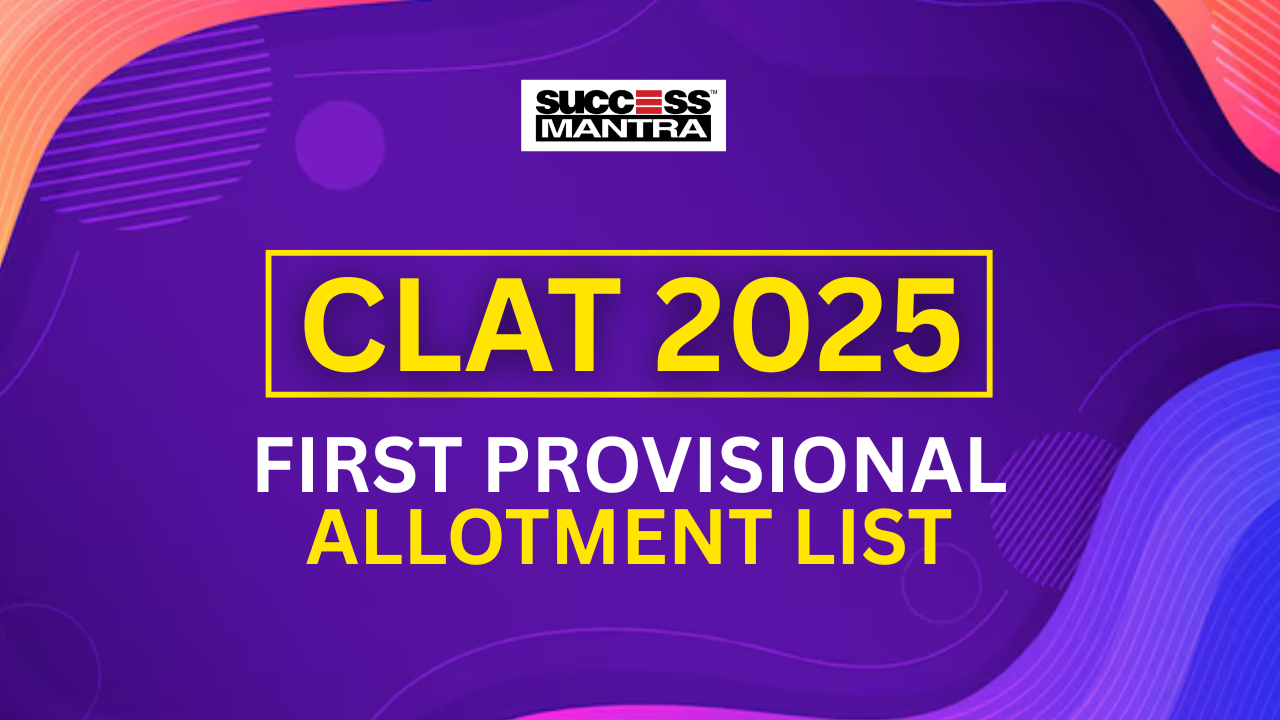


0 Comment